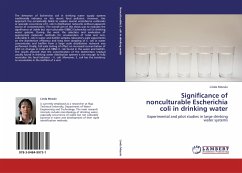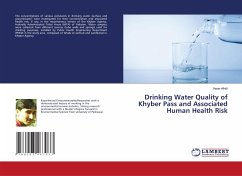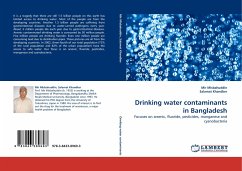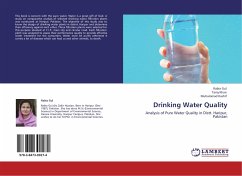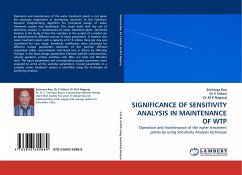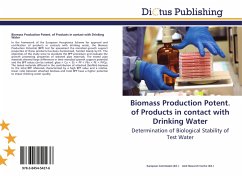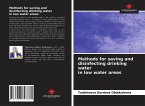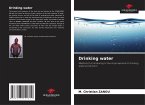The detection of Escherichia coli in drinking water supply systems traditionally indicates on the recent fecal pollution. However, this approach has occasionally failed to explain several waterborne outbreaks or sporadic occurrence of E. coli in distribution networks without apparent source of contamination. The overall aim of this thesis was to evaluate the significance of viable but non-culturable (VBNC) Escherichia coli in drinking water systems. During the work the selection and evaluation of appropriate molecular methods for enumeration of total and non-culturable E. coli in water and biofilm samples, laboratory scale experiments on the disinfection efficiency and long term sampling of E. coli in water concentrates and biofilm from a large scale distribution network was performed. Finally, full scale testing of effect on increased concentration of AOC on changes in total and VBNC E. coli found in the water and biofilm. The results showed that the concentration of the disinfection residual usually found in drinking water distribution systems is not enough to fully neutralize the fecal indicator E. coli. Moreover, E. coli has the tendency to accumulate in the biofilms of a wat
Bitte wählen Sie Ihr Anliegen aus.
Rechnungen
Retourenschein anfordern
Bestellstatus
Storno

